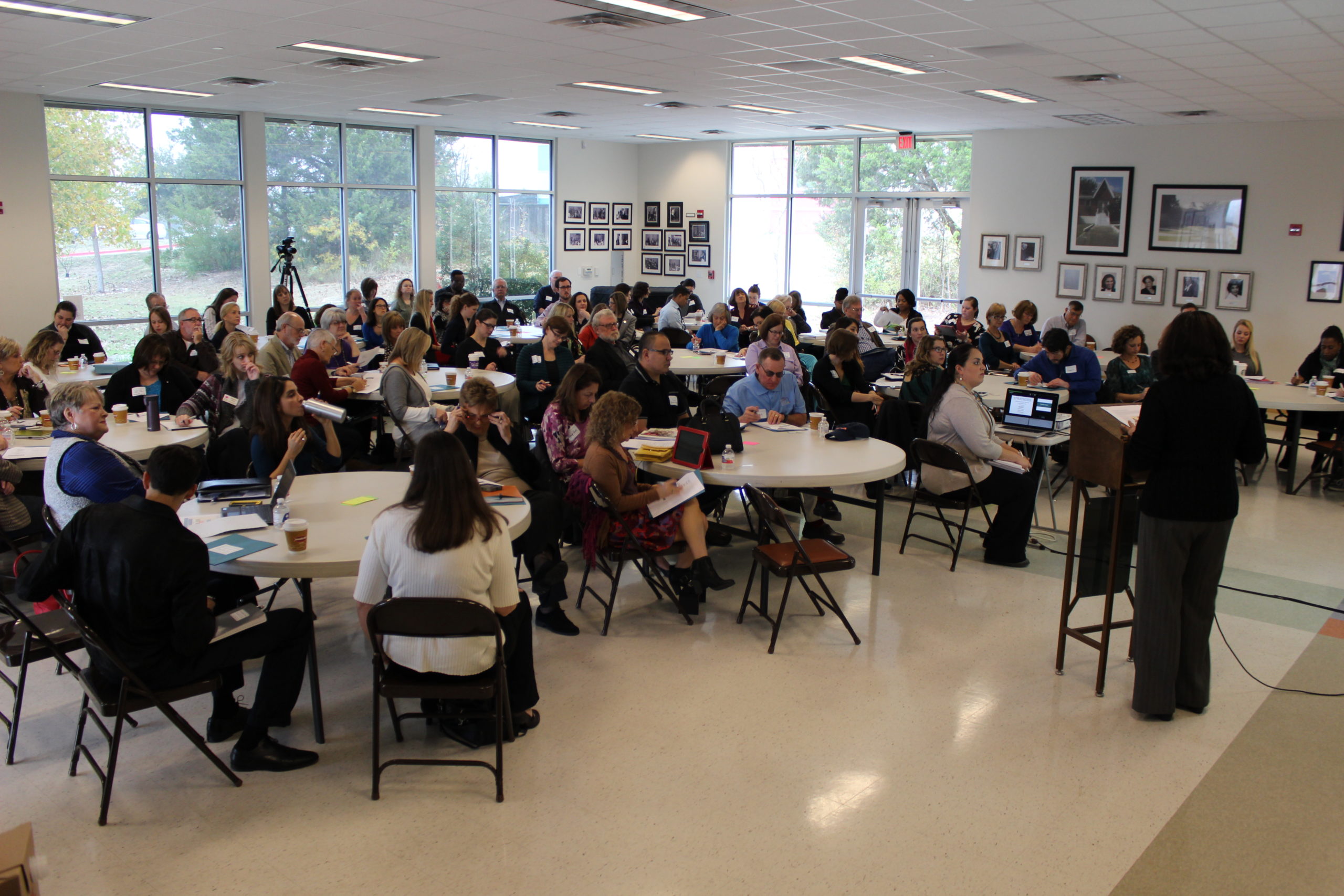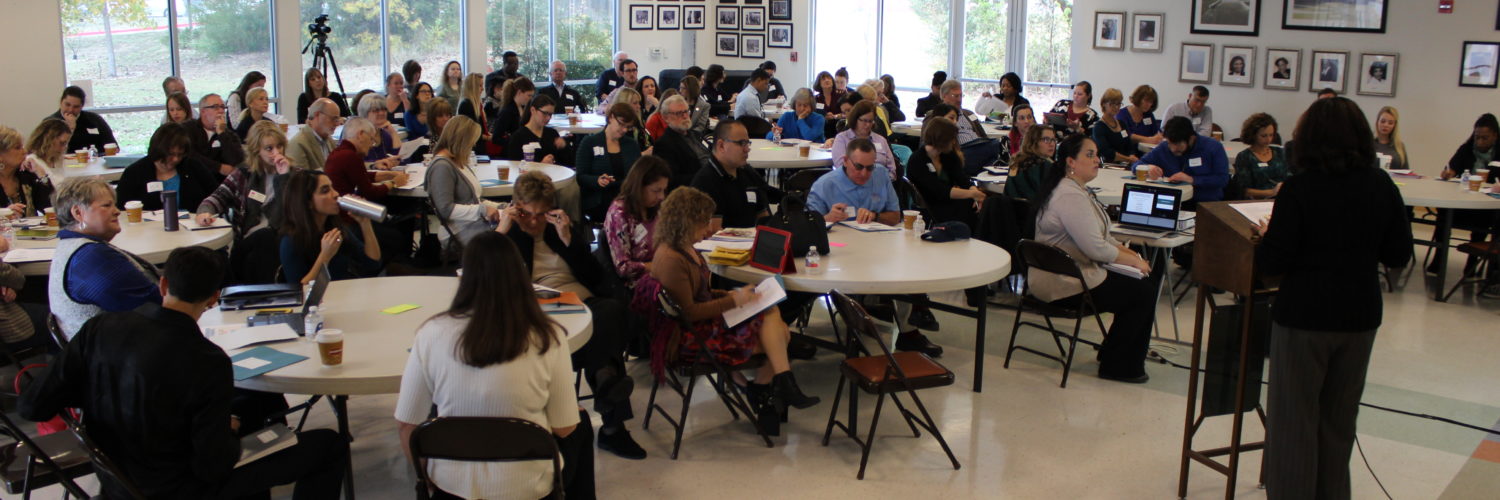
Since launching the grant-making system at the Episcopal Health Foundation, I am frequently asked by prospective applicants, “What constitutes a good grant proposal?” Is it writing a good statement of need or utilizing SMART (specific, measurable, achievable, realistic or relevant, and time-oriented) objectives? Still other questions have focused on matters of alignment—typically asked something like this: since EHF funds community-based primary care, and I’m a community-based primary care provider, that’s alignment—right?
Not necessarily.
These questions are narrowly focused on the mechanics of filling out an application. Instead there are bigger, more powerful questions to ask yourselves before even trying to complete the application.
Fran Peavey, author and pioneer in the use of strategic questioning observes, “Questions can be like a lever you use to pry open the stuck lid on a paint can…If we have a short lever, we can only just crack open the lid on the can. But if we have a longer lever, or more dynamic question, we can open that can up much wider and really stir things up…If the right question is applied, and it digs deep enough, then we can stir up all the creative solutions.”
EHF has crafted a grant-making system that encourages use of the ‘longer lever’. We want prospective applicants to pause and think reflectively about the condition or situation in which they find their communities, their organizations or their services. Beyond identifying all of the deficits that may be described as part of a needs statement consider, what’s the possibility for transformation we see in this situation? What’s taking shape in my community, organization, or department? Other critical questions may be, what’s missing, or what assets could be better utilized, or what can we do that would shift this situation? What is the system that we are trying to impact and why does our approach make sense or create the best impact? What would it take to create change on the issue I’ve identified? What needs our immediate attention going forward? In essence, begin asking yourselves the types of questions that create options and alternatives to the way things are.
As a former operating officer in nonprofit organizations, I understand well the constraints of government funding, not having enough ‘think time’, and always managing to the next crisis. Each constraint has the effect of limiting our thinking and focusing our attention on the way things are. I am suggesting however, that you reach beyond funding requests that simply support an organization to do just ‘more, better, or different’ in support of the way things are. Ask, is there one thing that hasn’t been done that we could do, (for which an investment of funds would help) in order to reach a deeper level of service or support us in taking bold steps?
EHF’S Strategic Plan defines our goals and strategies and speaks directly about transformation to healthy communities. I encourage everyone to read this document before submitting an application. By transformation, we mean a comprehensive approach that distinguishes itself from the ordinary change of conventional practices. It requires re-imagining every step of the current process in order to achieve systemic and organizational change that is long lasting. And therein lies the answer to the alignment question. Alignment to us means that your organization is taking the bold steps that create transformational change relative to the seven strategies listed in the Strategic Plan. Our funding supports building capacity, operations, and initiating new projects or programs in service to transforming the health system. Ask yourself the critical questions as to how you will obtain this. The world does not stay constant—and neither should your thinking.
What questions will you begin asking yourselves that foster new pathways or thinking beyond ‘the way things are’?
We want to hear from you! Comment below or on our Facebook page.
We encourage any prospective applicant to talk to us before submitting an application. Email us at grants@episcopalhealth.org.
